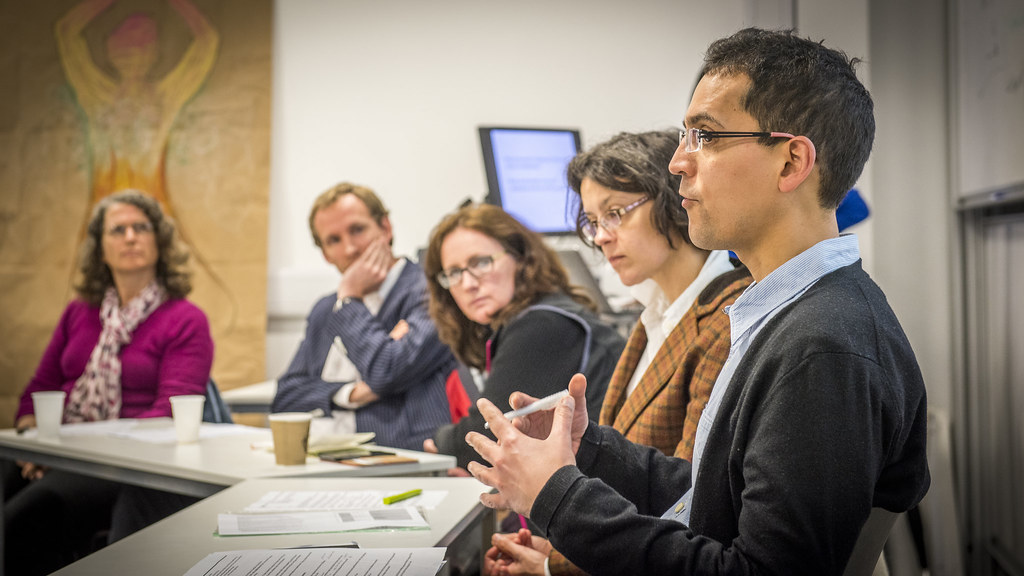PhD and MPhil degrees
Economics
PhD
Education
PhD
Health
PhD
MPhil
Politics, Languages & International Studies
- PhD Politics, Languages & International Studies - full-time
- PhD Politics, Languages & International Studies - part-time
Psychology
Social & Policy Sciences
Interdisciplinary PhD degrees
In collaboration with the South West Doctoral Training Partnership (SWDTP), we also offer the following interdisciplinary PhD degrees:
Advanced Quantitative Methods in Social Sciences
- PhD Advanced Quantitative Methods in Social Sciences - full-time
- PhD Advanced Quantitative Methods in Social Sciences - part-time
Climate Change, Sustainability and Society
- PhD Climate Change, Sustainability and Society - full-time
- PhD Climate Change, Sustainability and Society - part-time
Global Challenges & Transformations
- PhD Global Challenges & Transformations - full-time
- PhD Global Challenges & Transformations - part-time
Health, Wellbeing and Society
Sociotechnical Futures & Digital Methods
- PhD Sociotechnical Futures & Digital Methods - full-time
- PhD Sociotechnical Futures & Digital Methods - part-time
Professional Doctorates
- Doctor of Education (EdD)
- Doctor of Medicine (MD)
- Doctorate in Clinical Psychology
- Professional Doctorate in Health
- Professional Doctorate in Policy Research and Practice
Funding opportunities
There are studentships and other funding opportunities available for doctoral research in the Faculty of Humanities & Social Sciences. You can also look at the current list of PhD projects on the FindaPhD website.
